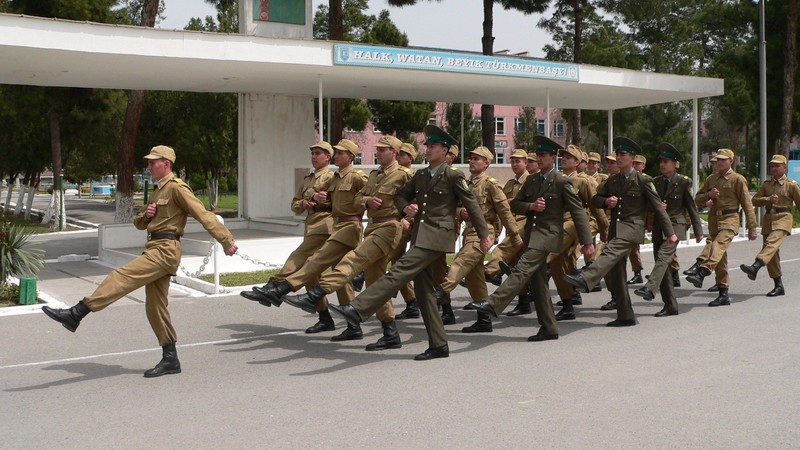In Turkmenistan, Government Offices Charge Citizens for Blank Sheets of Paper
In government offices across Turkmenistan, the provision of routine documents is increasingly accompanied not only by official service fees but also by unofficial, unrecorded charges. While these corrupt schemes are nominally presented as “paper fees,” in practice they have become an expected and often unavoidable part of the process. The practice of bribery is not new to Turkmenistan’s public sector. Citizens seeking almost any type of certificate typically pay not only the state-mandated fee but also an unofficial surcharge, money that is not documented on receipts or in public accounts. A particularly telling example is the issuance of marital status certificates at the Ashgabat Registry Office. Just a few years ago, such a certificate cost the equivalent of $2.90 and could be processed in two days. Today, the official fee has increased to $4.20. But the total cost is often higher due to what staff describe as a payment for the sheet of paper used in the application process. The process typically unfolds as follows: visitors are directed by an employee to one of three service windows. There, they are informed of the official fee and instructed where to make the payment. After paying, they return to the same window, where they are handed a blank sheet of paper and asked to sign it, along with a request for an additional $2.90 to cover the application preparation. Sample application forms are posted on the office walls, and, in theory, visitors could fill out their own forms. However, blank sheets are not made freely available. Those who bring their own paper in advance can complete the process at no extra cost. But most visitors, assuming their official payment covers all necessary services, arrive empty-handed. At that point, they are left with few choices: pay the extra fee, leave the office to find a single sheet of paper, or purchase an entire pack, which can cost up to $26.10, an unreasonable expense for a one-time need. Given the long queues at the registry office, most citizens choose convenience over principle and pay the additional $2.90. Over time, this has turned informal paper charges into a de facto component of the bureaucratic process. The total revenue generated through these payments remains unknown and unaccounted for. But for many visitors, the priority is obtaining their documents without further delay. What was once seen as irregular has become normalized, a silent, systemic practice that continues to operate in plain sight, without raising eyebrows.






